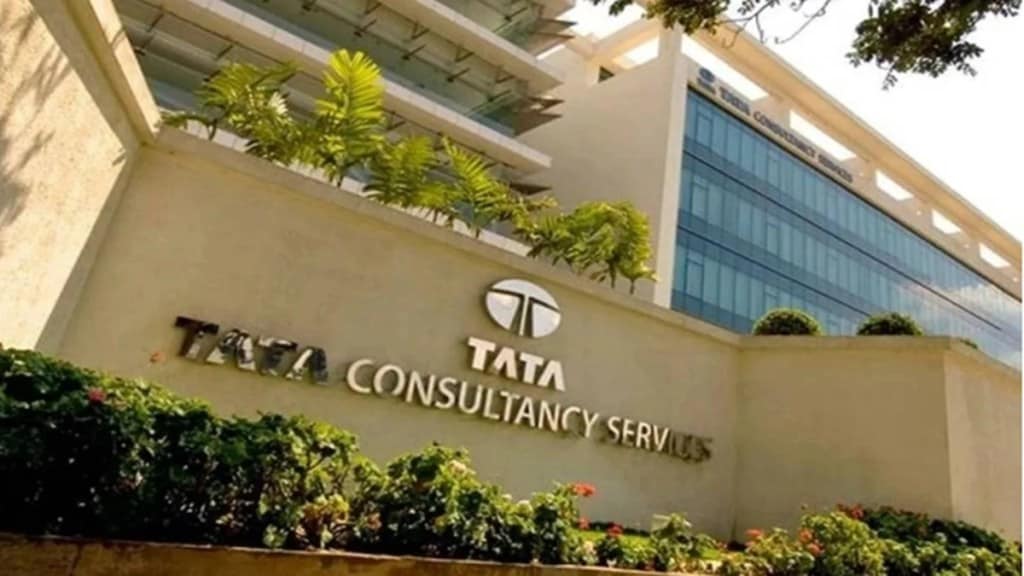IT companies reserve the right to place their employees in different locations based on their business requirements, said Rishi Agrawal, CEO, TeamLease RegTech, in an interaction with FE. He said no company can promise its employees any single location permanently.
The statement comes a day after IT employees’ union, Nascent Information Technology Employees Senate (NITES), alleged that Tata Consultancy Services (TCS) has transferred more than 2,000 employees to different cities without proper notice or consultation.
“The terms and conditions of employment between an employer and an employee are typically available by two ways. One is more from a government point of view and second is more from an employer- employee point of view. All of this is governed by Industrial Employment (Standing Orders) Act of 1946”, said Agrawal.
Generally, employees do not read the Act and the standing order that creates the framework for terms and conditions. Offer letters and appointment letters encapsulate the essence of terms and conditions, and are aligned with the standing orders. Organisations can adopt a model standing order which is normally followed by other companies. Else, companies can create their own standing orders based on their business requirement in line with labour laws of land, added Agrawal.
Agrawal is of the view that when employees are gungho about working from onsite locations, they shouldn’t resist going to different locations inside India. He said that the crux of the matter is because IT companies are asking employees to work from office and shift their locations.
Today, many employees are working from offices located near their home towns. They are not worried about paying rent or about cooking their food. But now when they are asked to move to bigger cities, employees (and especially those that were hired during covid times) are reluctant to shift. Working in bigger cities not just consume extra time in traffic, but also will also force them to shell out more for their living, added Agrawal.
When asked about IT companies delaying onboarding of freshers, he said this is not the first time it is happening. “Companies generally don’t honour their offers when there is a slowdown.”
He gave example of how during 2001, a prominent company didn’t honour the offer letters given to students of IIM, his alma mater. Similar things happened in 2007-08. “Campus hiring is the first victim of any economic slowdown, because they (students) are the ones who require maximum training and are least productive,” he said.


